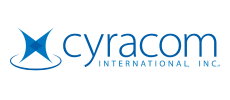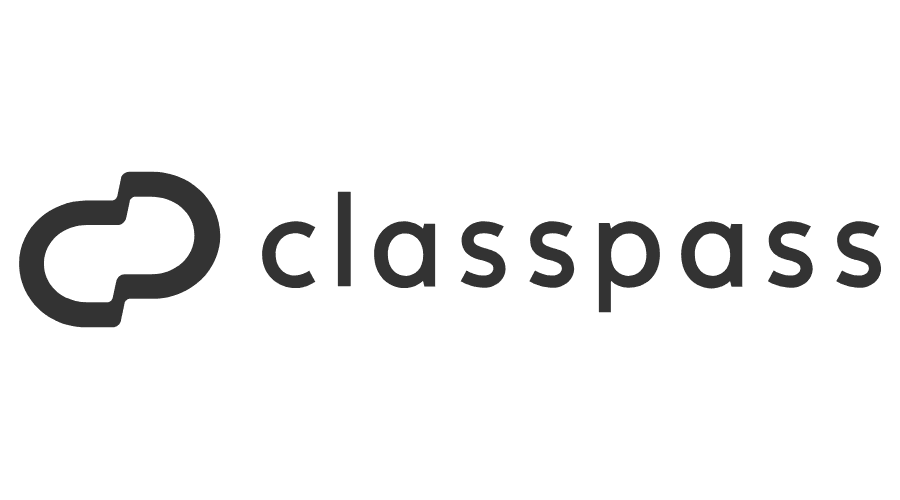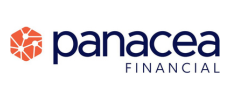IRS Highlights Tax Credits
Per the notice below, the United States Internal Revenue Service (IRS) is highlighting available tax credits.
 | ||
|
Tax credits for individuals: What they are and how they can benefit taxpayers
A tax credit is an amount taxpayers claim on their tax return generally to reduce their income tax. Eligible taxpayers can use them to potentially reduce their tax bill and increase their refund.
Refundable vs. nonrefundable tax credits
Some tax credits are refundable. If a taxpayer's tax bill is less than the amount of a refundable credit, they can get the difference back in their refund. Some taxpayers who aren't required to file may still want to do so to claim refundable tax credits. Not all tax credits are refundable, however. For nonrefundable tax credits, once a taxpayer's liability is zero, the taxpayer won't get any leftover amount back as a refund.
There are a wide range of tax credits, and the amount and types available can vary by tax year. Taxpayers should carefully review current tax credits when preparing their federal tax return.
Earned Income Tax Credit
One refundable tax credit for moderate- and low-income taxpayers is the Earned Income Tax Credit (EITC). The IRS estimates four out of five eligible workers claim the EITC, which means millions of taxpayers are putting EITC dollars to work for them. Unfortunately, there are millions of workers who qualify but don't claim the EITC - missing out on thousands of dollars every year. This includes workers who are:
- Grandparents raising their grandchildren.
- Native Americans.
- Veterans.
- Self-employed.
- Without a qualifying child.
- Recently divorced, unemployed, or experienced other changes to their marital, financial, or parental status.
- Below the filing requirement with earnings.
- Not proficient in English.
- Living in rural areas.
- Receiving certain disability pensions or have children with disabilities.
Taxpayers can find detailed information in Publication 596, Earned Income Credit, or use the EITC Assistant to learn if they're eligible for the tax credit.
Child Tax Credit and Child and Dependent Care Tax Credit
The Child Tax Credit is nonrefundable and reduces the taxpayer's tax liability. To qualify, the child must:
- Be a U.S. citizen, U.S. national, or U.S. resident under age 17.
- Have a Social Security number.
- Be claimed as a dependent on the taxpayer's tax return.
Qualifying children may include foster children or extended family members if they meet other criteria. Dependents not eligible for the Child Tax Credit may qualify a taxpayer for the credit for other dependents.
Taxpayers who paid someone to care for their child, spouse, or dependent so they can work, be a full-time student, or look for work may be able to reduce their tax by claiming the Child and Dependent Care Credit.
Publication 503, Child and Dependent Care Expenses, has detailed information.
American Opportunity Tax Credit
The American Opportunity Tax Credit is for qualified education expenses paid by or on behalf of an eligible student for the first four years of higher education. It is partially refundable. If the credit reduces the amount of tax a taxpayer owes to zero, they can get a refund of 40% of any remaining amount of the credit, up to $1,000. Taxpayers can get a maximum annual credit of $2,500 per eligible student. The amount of the credit is 100% of the first $2,000 and 25% of the next $2,000 of qualified education expenses a taxpayer paid for each eligible student.
To claim the full credit, a taxpayer's income must be $80,000 or less ($160,000 or less for married filing jointly). The credit phases out entirely for taxpayers with income over $90,000 ($180,000 for joint filers).
Publication 970, Tax Benefits for Education, has detailed information.
Other tax credits
There are many other tax credits for which a taxpayer may be eligible. Taxpayers can review the credits and deductions page on IRS.gov to see which credits they may be able to claim, including:
- Family and Dependent Credits
- Income and Savings Credits
- Homeowner Credits
- Electric Vehicle Credits
- Health Care Credits
Interactive Tax Assistant can help with tax credit questions
The Interactive Tax Assistant is a tool that provides answers to many common tax law questions based on an individual's specific circumstances. User information is anonymous, and the system discards it when the user exits a topic. The assistant uses information to answer taxpayer questions and won't share or store it, nor can it identify individuals. It can help taxpayers with these tax credit-related questions:
- Am I Eligible to Claim an Education Credit?
- Does My Child/Dependent Qualify for the Child Tax Credit or the Credit for Other Dependents?
- Am I Eligible to Claim the Premium Tax Credit?
- Am I Eligible to Claim the Child and Dependent Care Credit?
- Do I Qualify for the Credit for the Elderly or Disabled?
- Do I Qualify for the Retirement Savings Contributions Credit?
- Am I Eligible to Claim a Credit for Adopting a Child or to Exclude Employer-Provided Adoption Benefits From My Employer?
- Am I Eligible to Claim the Foreign Tax Credit?
- Do I Need to Repay the First-Time Homebuyer Credit?
Taxpayers can find more information about refundable credits and general filing information from:

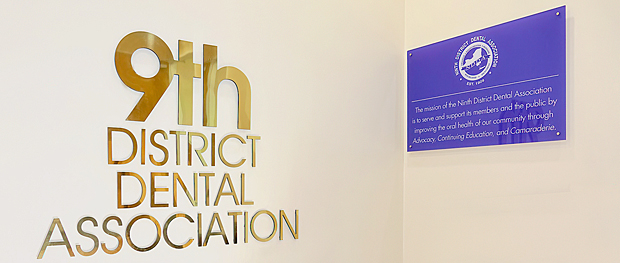

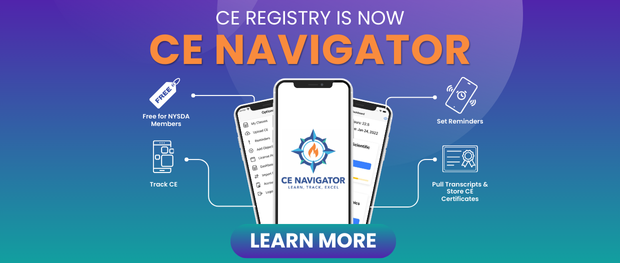
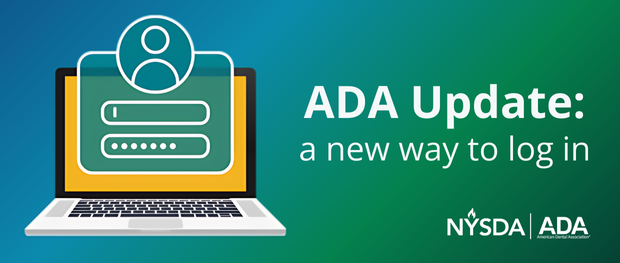
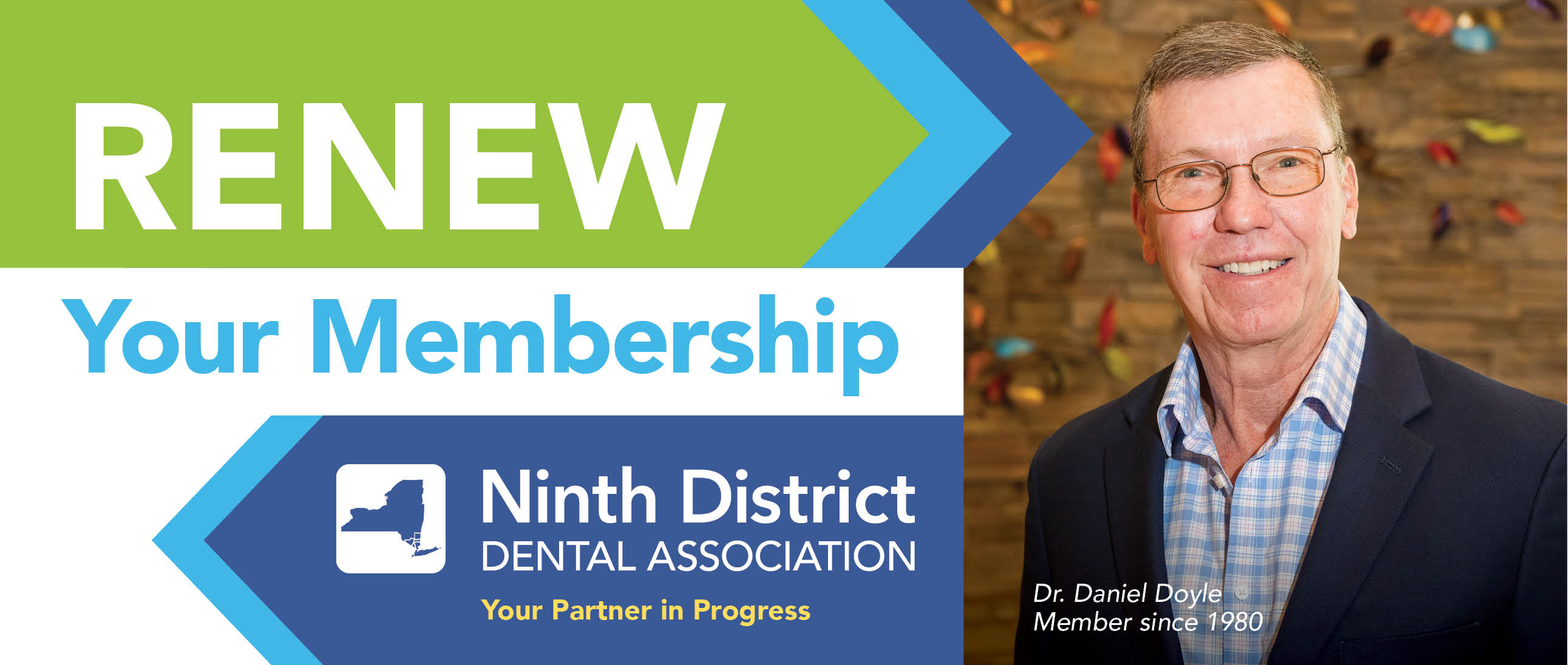
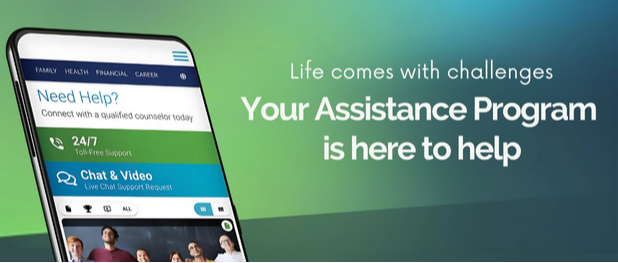


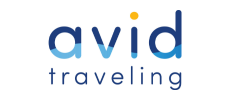
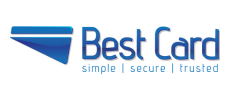

.png?sfvrsn=4447de7f_1)










